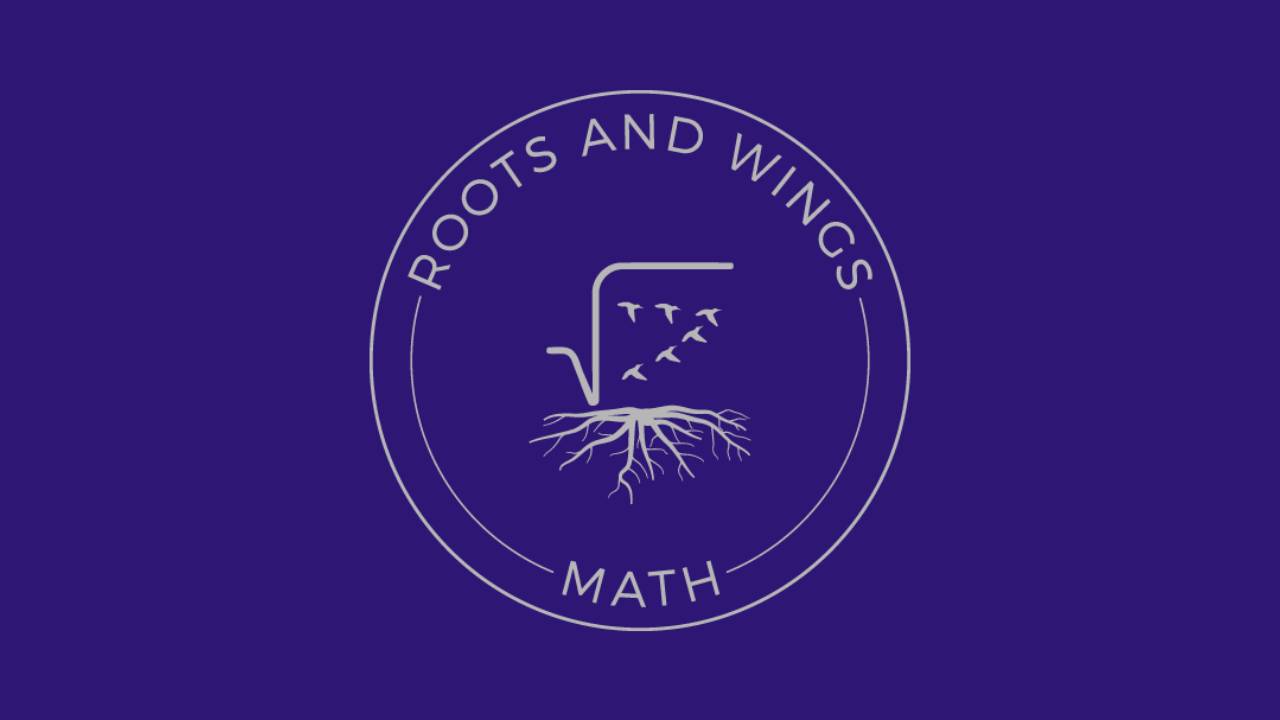
The Power of the Nudge - Helping Without Telling in Preschool Math
Jul 09, 2025One of my daughter Janelle’s favorite bedtime reading materials is Highlights Puzzle Buzz magazine. Her most favorite activity? The Hidden Pictures pages. She loves to challenge me to race and find a specific object. She’s developed quite the eye and often beats me—but sometimes I spot one before she does.
If several seconds go by after she knows I’ve found something and she hasn’t yet, she’ll usually ask for a hint.
In our house, a hint is not the answer. It’s a nudge in the right direction—as gentle as possible. I might say, “Try checking the bottom half of the page.” She wants to be the one to ultimately find it herself.
This got me thinking about how similar this is to guiding young children in early math. When kids are working through a math situation, they don’t need us to jump in and solve it. What they need is the right kind of support—just enough to keep them engaged without taking away their opportunity to think and discover.
The Art of the Math Nudge
Offering thoughtful hints can be a powerful way to build children’s mathematical confidence. Whether you're doing everyday math activities or helping your child get kindergarten ready, this approach supports independence and persistence.
Here are a few simple strategies to try:
1. Ask guiding questions.
Instead of giving the answer right away, try:
→ “What do you notice about this situation?”
→ “What have you tried so far?”
2. Narrow the focus.
Just like “Try checking the bottom half of the page,” give a clue that helps them refocus without giving away the answer.
→ “Try thinking about smaller groups.”
→ “Could there be a pattern?”
3. Encourage persistence.
Remind your child that struggle is part of learning. Prompts like the one below reinforce effort and motivation.
→ “I can see how hard you're working!”
4. Keep probing thinking.
Once they’ve found an answer, celebrate their effort, not just their result.
→ “You figured it out! How did you do it?”
A Shift in Perspective
The goal of a quality preschool math experience isn’t just to get the right answers—it’s to help children trust their own thinking, notice patterns, and explore strategies. This may be different from what many of us experienced as learners, and it’s a key part of turning fleeting ideas into lasting understanding.
Preschool age is the perfect time to start this shift at home. Helping your child build these habits now will set them up to feel kindergarten ready when the time comes.
Try It Yourself
The next time your child gets stuck—whether it’s during a math activity, puzzle, or even a sibling disagreement—consider offering a hint instead of a solution. Let them do the thinking, and notice how their confidence grows.
💡 Want more ideas for playful math at home?
Check out my self-paced video course:
Before Numbers: Math Building Blocks for Toddlers - Perfect for ages 18–36 months, it’s packed with everyday activities to support early math learning—and confidence.
Subscribe to the Roots and Wings Math Newsletter for similar content about building strong foundations and developing positive mindsets towards lifelong math learning delivered to your inbox.


